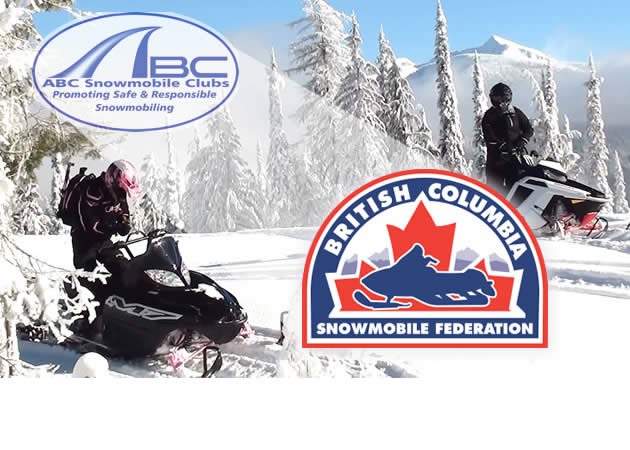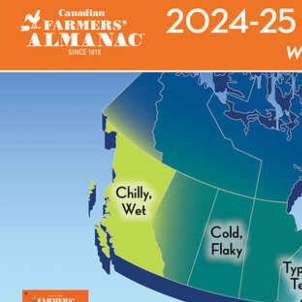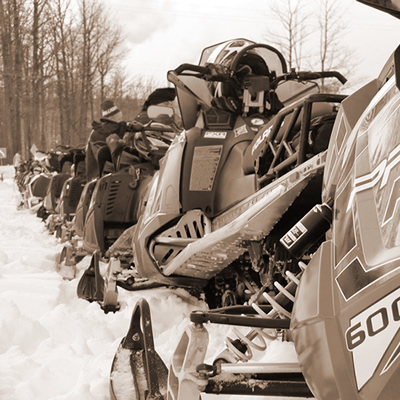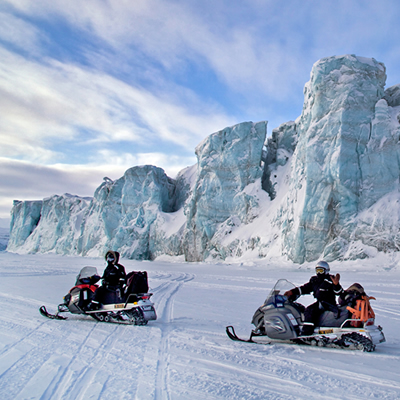The B.C. Snowmobile Federation (BCSF) was the first provincial sledding organization in Canada. For 40 years, the BCSF grew from a few clubs to approximately 80 clubs. Everything was going quite well for the organization and many snowmobile clubs were thriving.
About 10 years ago, there was a major problem.
It appeared the BCSF wasn’t going the direction many clubs wanted, and there were some financial concerns. Several directors got so frustrated they started a new snowmobile organization called the Association of British Columbia Snowmobile Clubs (ABCSnow).
Having two organizations did have some benefits for awhile, especially with a new outlook or drive of a few key retired individuals who could devote huge amounts of time and talent to helping out B.C. snowmobile clubs. ABCSnow grew to include close to 30 member clubs.
Meanwhile, the BCSF did manage to make a major turn and get back on track again—thanks to a few key individuals who had the time and talents to get things fixed.
A crucial turning point
Eventually, ABCSnow started running into a very common problem: finding enough people with the time required to run an organization properly.
It’s not too hard to find talented people, but to find talented people with time to volunteer is a real challenge. One also had to wonder about how much time and effort were being spent by each board member to help approximately half the sledders in B.C. when you could be helping all the sledders with pretty much the same effort.
The BCSF and ABCSnow did end up working together on a couple of projects; namely, caribou and the off-road vehicle (ORV) registration law. This appeared to be an important turning point in how each organization viewed each other.
It turns out they managed to work together well on these projects, and it showed that both organizations were essentially trying to do the same thing. Yes, there were some differences in ideas and how to execute plans, but in reality, both were focused on doing what was best for B.C. sledders. With that in mind, it was logical to start thinking about the next step.
Getting back on track
With BCSF totally back on track and both organizations feeling the pain of finding enough volunteers to run a provincial organization properly, the stage was set to start talking about having one snowmobile organization in B.C. again.
This was more difficult than you can imagine. There were still some hard feelings about what happened almost a decade ago, even though most of the issues appeared to be long gone or resolved.
There’s also that pride issue. How do you shut down either organization when so much time and effort was put into making them happen? Do you create a new organization and have everyone start fresh? Some clubs could still have hard feelings about what happened a decade ago (that pride thing again), so what if you have several clubs who don’t like the way the merger happens?
Well, thanks again to a few key people, a lot of time and effort was put into discussing the different options, talking to the clubs about the important concerns, explaining to the clubs how things have changed provincially, and attending BCSF meetings to find out what was, in fact, true and current and what were invalid concerns.
One notable concern was with regards to insurance providers. The BCSF’s insurance provider is Capri Insurance. ABCSnow’s is Oasis Insurance. Most clubs or members don’t like changing insurance providers; stick with what you know works. Well, it turns out the BCSF never had a “rule” that clubs or members had to use the same insurance provider as did the federation, so ABCSnow clubs and individual sledders can stick with Oasis Insurance or whomever they choose. So this turned out to be a non-issue.
A stronger, more unified voice
The other very important factor was to determine if one organization in the province would really be of benefit to the average B.C. snowmobiler. Turns out, this was fairly obvious.
Dealing with the provincial government on important issues, like caribou, land closures and vehicle registration, is much more effective with one large organization than with two competing, possibly feuding, organizations.
There’s also the issue already mentioned: lack of talented people to run a provincial organization. This problem is solved by having 80 clubs to look after it, instead of 30 or 50. There should be some financial or time savings as several things were effectively being duplicated with two snowmobile organizations. And what about support from the snowmobile manufacturers or large sponsors? It’s a lot easier to get support when there’s just one large organization to deal with rather than two smaller ones.
The decision is made
ABCSnow’s annual general meeting happened in April 2015 in Kamloops. Approximately 30 people showed up with nine member clubs represented (close to half).
The meeting had the usual items, like meeting minutes, financials and reports, but BCSF helped with doing presentations on the new ORV regulations and explained how changes to WorkSafeBC will affect most clubs in the near future. Avalanche Canada also did a presentation on their new Mountain Information Network app, which will be the next big step forward in avalanche safety, awareness and snow conditions.
Last winter, the Canadian Avalanche Centre was rebranded as Avalanche Canada. Part of the organizational changes did affect the Buck-a-Head program, which was created in partnership with ABCSnow. This has been replaced with a new sponsorship program (clubs can arrange it with Jennifer George by email or by calling 250-837-2141 ext. 229).
BCSF did another presentation and question and answer period about its organization. After a few questions and a healthy discussion, the big vote happened and it was unanimous to dissolve ABCSnow and distribute the remaining assets and funds to BCSF by October 31, 2015.
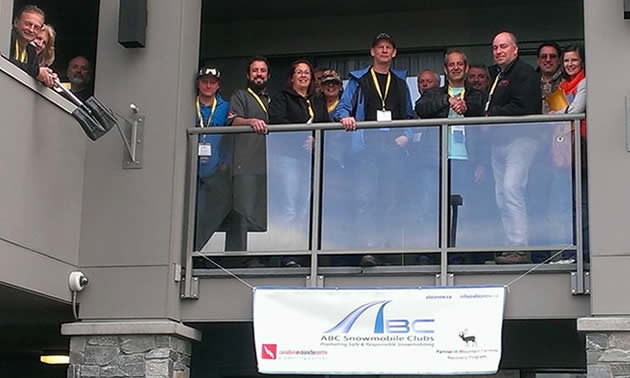
Looking ahead
What does the future look like? Very good for B.C. snowmobilers and for the volunteer board members.
The board should see more volunteers available to help and will be able to get more done with our membership money. Current programs, such as the safety program, can be expanded or improved.
One new program already in the works is an online membership system. Clubs have been asking for this for quite some time and it will be available this coming season! Not only will snowmobilers be able to buy memberships online, it will make life a lot easier for each club. Dealing with memberships, paperwork, and monthly remittances and reporting can all be done online, which will be a huge benefit to the larger clubs. All of the volunteers managing club memberships should get very excited about this one.
Behind the scenes, there are still many issues to deal with (many of them are ongoing), which is why it’s important to have one large strong organization in B.C.
Top issues B.C. snowmobilers face
The BCSF is continually navigating through the different levels of government for our clubs to keep our riding areas open for future generations. It is working to increase the strength of a club’s agreement with Recreation Sites & Trails BC to get our trails a stronger status; lobbying for sustainable funding to sustain and improve the investments our clubs have made in the B.C. backcountry; navigating the bureaucratic process so our club volunteers do not get bogged down with red tape; promoting snowmobile tourism and keeping the political pressure on for caribou issues.
The recent implementation of the ORV Act has caused some headaches as well, but the BCSF has managed to get some changes—like the option of getting a decal for your sled instead of a license plate! (Really, was anyone going to put a metal license plate on their bright yellow T3?)
The BCSF continues to work hard on behalf of snowmobile clubs in B.C. to promote and strengthen our sport. The vote for the dissolution of ABCSnow and the merger with the BCSF strengthens the voice of snowmobilers in B.C.
The BCSF will be working with individual clubs to complete the necessary paperwork this summer. We hope that all clubs choose to support one strong voice for B.C. and choose to support the BCSF with its membership and resources.
For more information, contact Donegal Wilson, executive director for the BCSF, by email or phone 877-537-8716.
About the author: Gerald Gelderman is the director of ABCSnow and the manager of the Coquihalla Summit Snowmobile Club.
